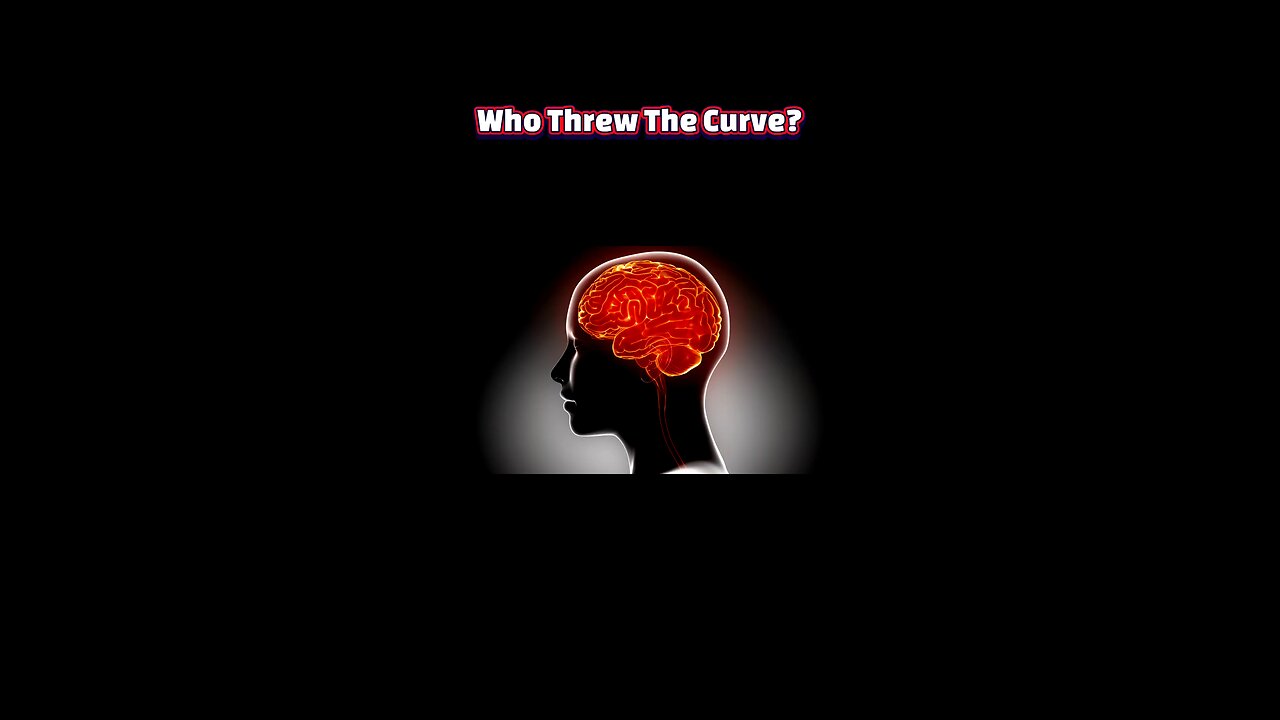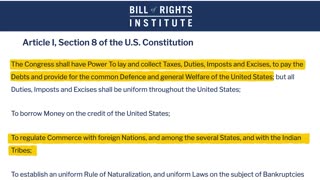Premium Only Content

Brain Reset: Navigating the Journey to a Healthier Mind
#BrainRecovery #AddictionRecovery #Neuroplasticity #MentalHealthMatters #ResetAndRebuild #addicts #addict #drugs
The Brain Under Siege:
Substance abuse disrupts the brain’s reward system through a surge of dopamine, far exceeding what natural pleasures provide. This overwhelming change rewires neural pathways and dulls the brain’s natural ability to feel pleasure from everyday activities.
Neurochemical Overload:
With repeated substance use, the brain learns to expect the unnatural dopamine high, leading it to reduce dopamine receptor sensitivity. This phenomenon, known as tolerance, forces the brain to recalibrate its signaling—a process fundamental to recovering its “normal” functioning.
The First Steps of Recovery:
After cessation, the brain begins a slow journey toward restoration. In the acute withdrawal phase (lasting about one to two weeks), intense cravings and discomfort surface as your body attempts to stabilize without the substance’s artificial input.
Early Abstinence Hope:
Moving into early abstinence (roughly one to three months), many experience gradual improvements in mood and cognitive function. During this time, dopamine begins to edge toward normal levels, though the vulnerability to relapse remains high, making supportive interventions crucial.
Stages of Neurological Rewiring:
Recovery is not instantaneous. Specific brain regions—like the prefrontal cortex, basal ganglia, and amygdala—undergo distinct recovery trajectories. While the prefrontal cortex, responsible for decision-making and impulse control, may take the longest to recover fully, even small improvements can help rebalance behavior over time.
Individual Recovery Timelines:
Recovery timelines vary. Some studies have noted significant brain improvements after only one month of abstinence, with near-normal imaging in cases after 14 months. However, individual factors—such as duration of abuse, substance type, and wellbeing supports—play critical roles in how quickly the brain can recover.
The Promise of Neuroplasticity:
The brain’s remarkable plasticity means that with time and consistent effort, lost neural pathways can be rebuilt. This rewiring process is gradual and involves not just the cessation of substance use, but also behavioral therapies, lifestyle changes, and community support that help replace toxic patterns with healthier ones.
A Journey of Resilience:
While full recovery spans anywhere from months to years, even incremental progress builds a foundation for a healthier, more balanced brain. Embracing patience and persistence, along with professional guidance, can ultimately guide the brain—and the person—to reclaim its natural state of wellbeing.
-
 18:54
18:54
T-SPLY
17 hours agoDHS Sending More Federal Agents to Chicago - Pritzker Has Meltdown!
4.34K5 -
 1:17:19
1:17:19
LIVE WITH CHRIS'WORLD
12 hours agoTHE WAKE UP CALL - 11/13/2025 - Episode 5
2.95K3 -
 LIVE
LIVE
BEK TV
23 hours agoTrent Loos in the Morning - 11/13/2025
155 watching -
 14:34
14:34
Lady Decade
19 hours ago $0.38 earnedSolving The Mystery of the Illegal Star Trek Console - Gaming History Secrets
4.27K6 -
 LIVE
LIVE
The Bubba Army
22 hours agoWHAT's NEW IN THE EPSTEIN FILES? - Bubba the Love Sponge® Show | 11/13/25
1,428 watching -
 30:24
30:24
ZeeeMedia
14 hours agoTrump Exonerated in New Epstein Drop? Intel Assets Infiltrating Media | Daily Pulse Ep 142
10.2K12 -
 2:10:48
2:10:48
The Robert Scott Bell Show
21 hours agoDr. Andrew Wakefield, Vax Truth Vindication, Del Bigtree, An Inconvenient Study, Jeffrey Tucker, Health Freedom Hoax Exposed - The RSB Show 11-12-25
31.5K7 -
 17:22
17:22
Actual Justice Warrior
1 day agoDemocrats TURN ON Chicago Mayor
17.3K19 -
 14:16
14:16
Nate The Lawyer
1 day ago $3.99 earnedSupreme Court Could Force Trump to Repay All Tariffs | Lawyer Explains
21.3K19 -
 46:25
46:25
Coin Stories with Natalie Brunell
1 day agoErin West: Romance-Crypto Scam Taking Over - "Pig Butchering" Cyber Fraud Explained
17.1K1